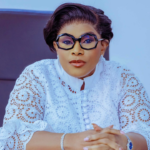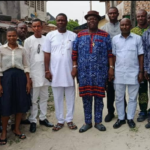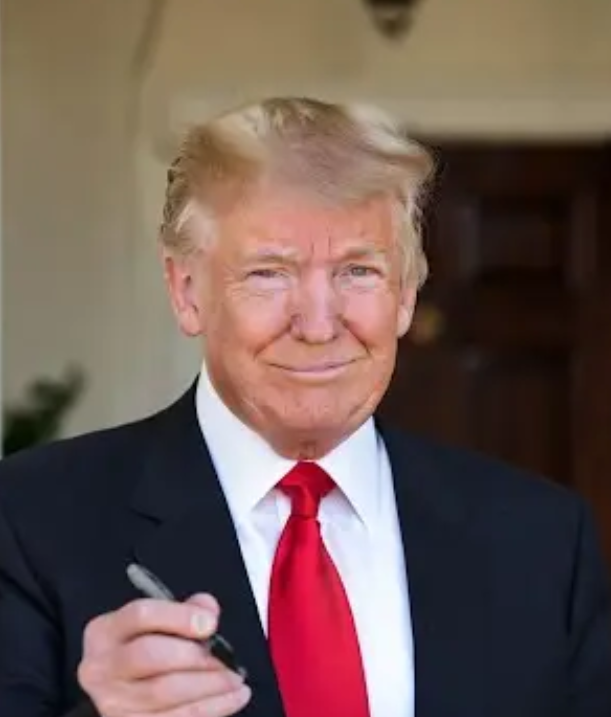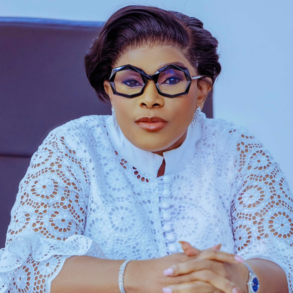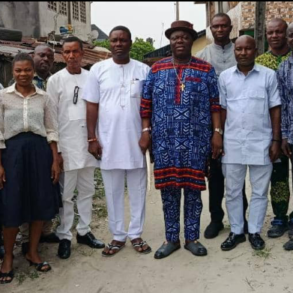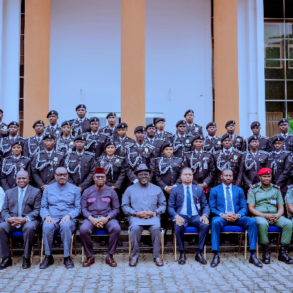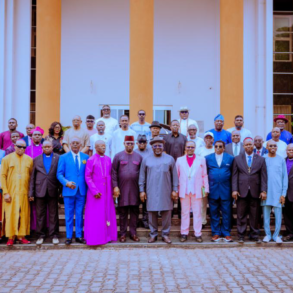A sharp escalation in international scrutiny of violence against Christians in Nigeria has unfolded this week, with strong public backing for foreign-military intervention coinciding with heated government push-back over the characterization of the crisis.
A recent poll by one of a prominent Nigerian news network (name withheld), found that approximately 75% of respondents support U.S. President Donald J. Trump’s threatened military action, while the remaining 25 % say the situation is one of more general insecurity rather than a faith-based genocide.
According to the poll (full methodology not publicly disclosed), three-in-four Nigerians surveyed say they welcome U.S. intervention if it is aimed at halting what they perceive as targeted killings of Christians in parts of the country. That figure includes significant numbers of Christians in the Middle Belt and southern Nigeria who say they “feel abandoned” by state security forces.
One Lagos-based businesswoman told local media: “If President Trump said they want to come in, they should come in and there is nothing wrong with that.”
The 25% dissenting view holds that the violence is driven by a mix of ethnic tensions, herder-farmer dispute, banditry and insurgency; not a systematic campaign against Christians. This group generally concurs with the position of the federal government.
President Trump has publicly warned of possible U.S. military action in Nigeria, stating that if the Nigerian government “continues to allow the killing of Christians… the U.S.A. will immediately stop all aid and assistance … and may very well go into that now-disgraced country, ‘guns-a-blazing,’ to completely wipe out the Islamic terrorists who are committing these horrible atrocities.”
In parallel, Nigeria has been placed back on the U.S. list of “Countries of Particular Concern” for religious-freedom violations.
Nigeria’s government, via its Foreign Ministry and presidential aides, has categorically rejected the claim that Christians are being targeted in a genocide.
A spokesman said: “There is no Christian genocide in Nigeria… Muslims are being killed too, traditional worshippers are being killed… the majority is not the Christian population.”
However, despite the denial, Nigeria welcomed offers of U.S. cooperation in counter-terrorism so long as national sovereignty is respected.
According to the U.S.-based crisis-monitoring group Armed Conflict Location & Event Data Project (ACLED), in 2025 to date there have been ~1,923 attacks on civilians in Nigeria; of those, just 50 have been explicitly linked to “Christian identity” as a motive.
ACLED stated that Islamist and other armed groups “often present their campaigns as anti-Christian, but in practice their violence is indiscriminate and devastates entire communities.”
A separate article reports that Christian-rights groups allege thousands of Christian deaths, abductions and church burnings since 2009; for example, one study claims more than 7,000 Christians killed and 7,800 abducted this year.
Analysts caution that the picture is more complex: land disputes, ethnic herding/farming conflicts, criminal gangs and Islamist insurgents (such as Boko Haram / Islamic State West Africa Province) all play roles.
Reacting to the development, former Bayelsa Governor and a serving Senator, Senator Seriake Dickson expressed support for U.S President Donald Trump’s remarks on the ongoing killings and terrorist attacks in Nigeria, describing them as “a wake-up call to action”.
Dickson emphasized that Nigeria’s sovereignty must be respected, but the country also needs to strengthen global partnerships to combat terrorism and restore peace.
The senator highlighted the devastating impact of terrorist groups like Boko Haram, ISWAP, and al-Qaeda, which have wretched havoc across the country, killing civilians, kidnapping schoolchildren, and destroying places of worship.
He specifically mentioned the unresolved cases of Leah Sharibu and the Chibok girls, who remain in captivity despite government efforts to rescue them.
Dickson urged President Bola Tinubu to collaborate with the US and other allies to eliminate terrorist networks in Nigeria, citing the need for international cooperation to tackle the growing security crisis. He also called for the speedy appointment of ambassadors to boost Nigeria’s diplomatic capacity.
The Nigerian government has reaffirmed its commitment to rescuing the remaining Chibok girls and Leah Sharibu, with the National Counter Terrorism Centre (NCTC) stating that efforts are ongoing to secure their release.

